About the Department
The Department of Chemistry & Physics at Tougaloo College is dedicated to cultivating scientific curiosity, critical thinking, and practical skills across multiple disciplines. Our programs prepare students for impactful careers in research, medicine, engineering, environmental science, and education by combining rigorous coursework with hands-on laboratory and research experiences.
Academic Programs
Our department offers comprehensive programs in both chemistry and physics, from associate degrees to bachelor's degrees with specialized tracks for health professionals, education, and research careers.

Chemistry, B.S.
Comprehensive program covering all major areas of chemistry including analytical, inorganic, organic, and physical chemistry with extensive laboratory experience.

Chemistry for Health Professionals, B.S.
Specialized program designed for students pursuing careers in medicine, dentistry, pharmacy, and other health-related professions.

Physics, B.S.
Rigorous program covering classical and modern physics, including mechanics, electricity and magnetism, thermodynamics, optics, and quantum physics.

Environmental Science, B.S.
Interdisciplinary program focusing on environmental assessment and problem-solving expertise for the next generation of environmental professionals.

Chemistry Pre-Pharmacy, A.A.
Two-year program providing essential preparation for pharmacy school with focus on chemistry, biology, and health sciences.

Physics, A.A.
Two-year associate degree providing foundational knowledge in physics and mathematics, designed for students planning to transfer to engineering programs.
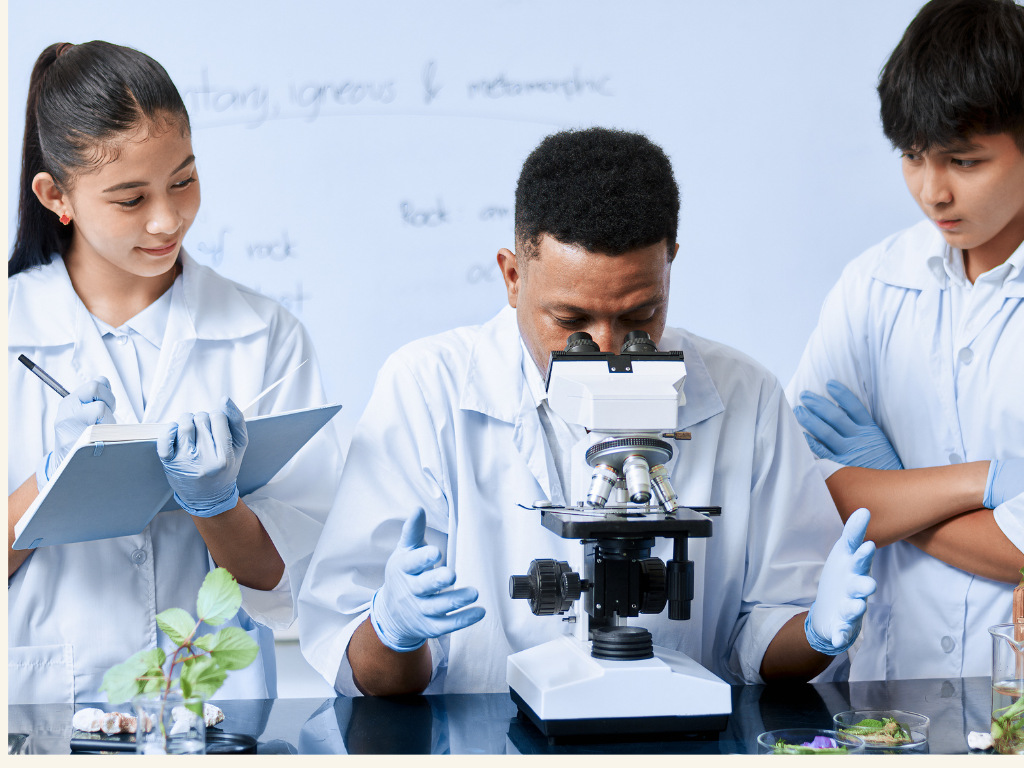
Secondary Education Chemistry, B.A.
Teacher preparation program combining chemistry content knowledge with pedagogical training for secondary education.

Secondary Education Physics, B.A.
Teacher preparation program for physics educators with strong content knowledge and teaching methodology.
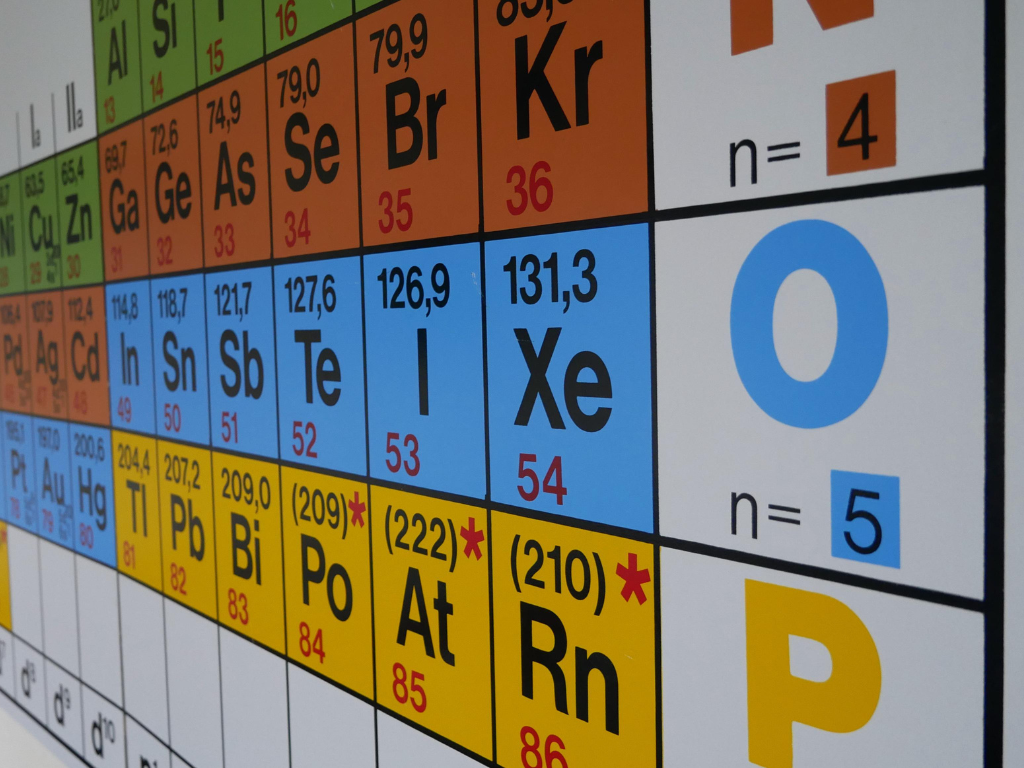
Chemistry Minor
Complementary program for students majoring in other fields who want to strengthen their scientific background with fundamental chemistry knowledge.
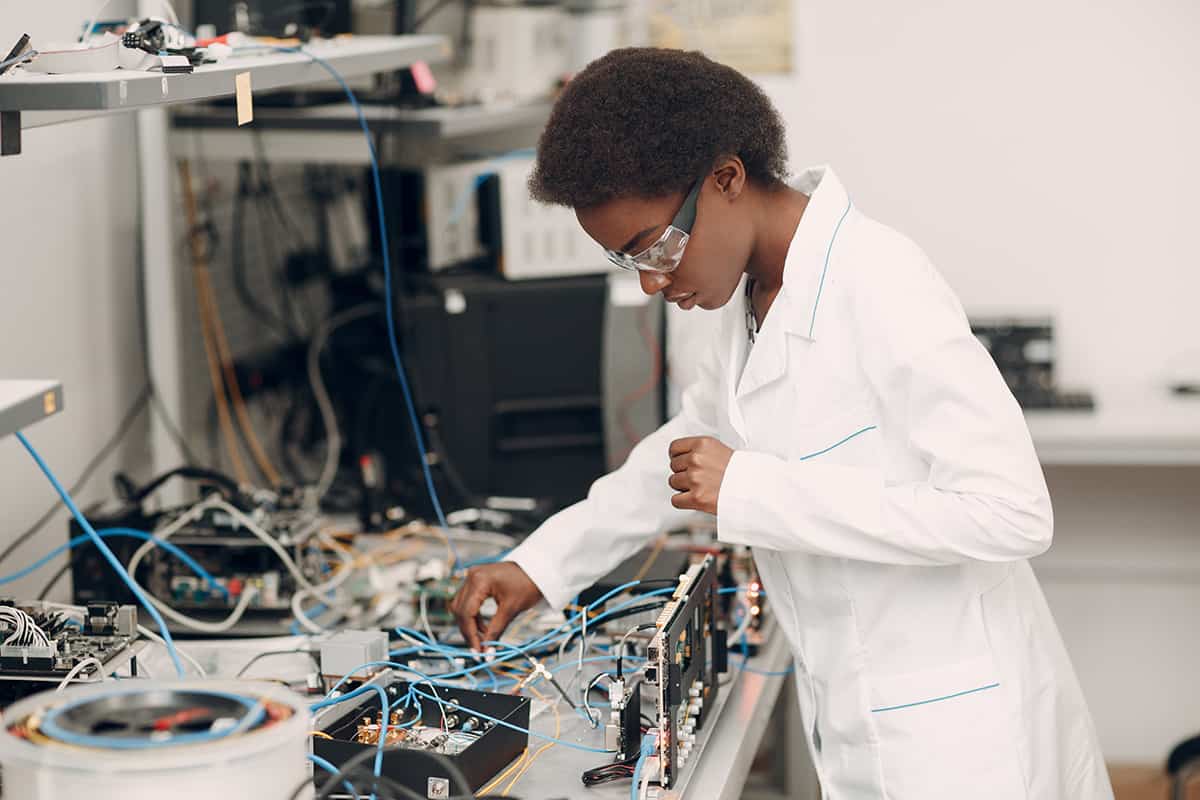
Physics Minor
The Physics Minor is designed for students pursuing other majors who wish to enhance their analytical, quantitative, and problem-solving skills through the study of physics.
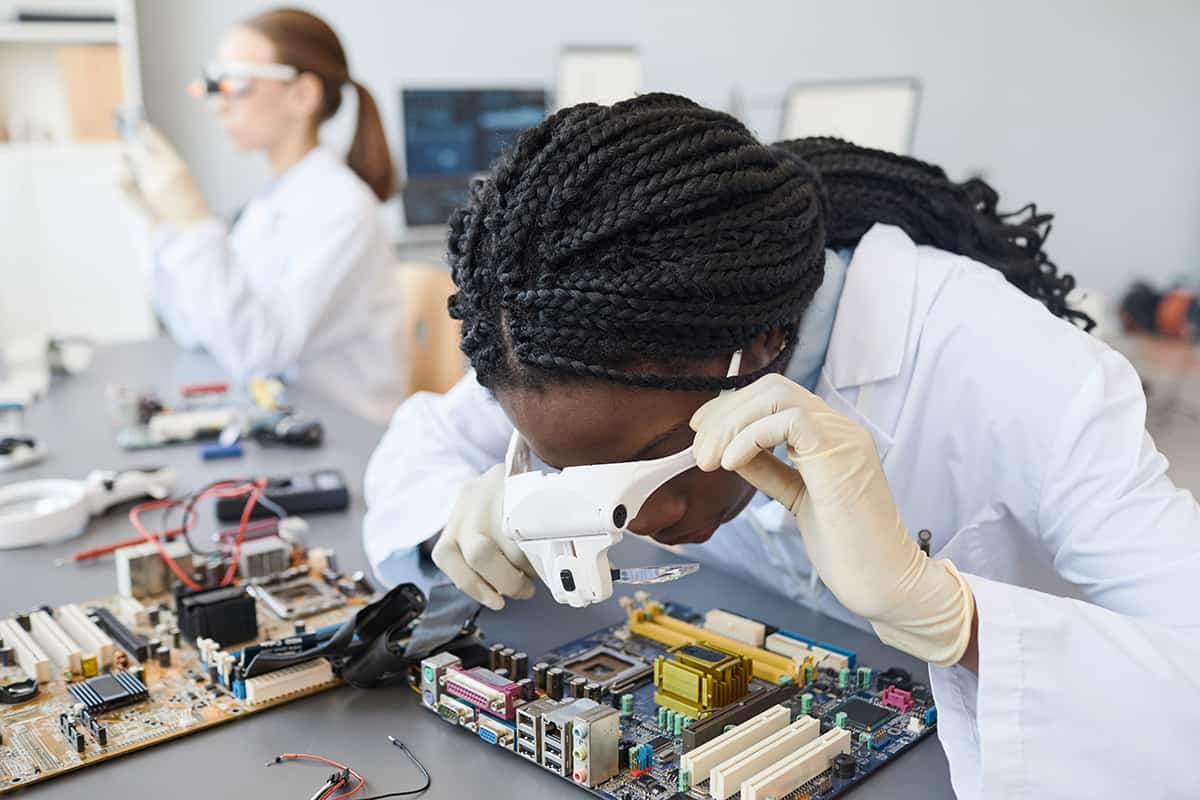
3+2 Dual Degree in Physics and Engineering
Teacher preparation program for physics educators with strong content knowledge and teaching methodology.
Career Opportunities
Our graduates are prepared for diverse career paths in research, industry, healthcare, education, and technology. The analytical and problem-solving skills developed in our programs are highly valued across many sectors.
Chemistry Careers
- Research Chemist
- Analytical Chemist
- Pharmaceutical Scientist
- Environmental Chemist
- Materials Scientist
- Quality Control Analyst
- Forensic Scientist
- Chemical Engineer
Physics Careers
- Research Physicist
- Engineering Physicist
- Data Scientist
- Medical Physicist
- Optical Engineer
- Aerospace Engineer
- Nuclear Engineer
- Technology Consultant
Healthcare & Medicine
- Physician
- Pharmacist
- Dentist
- Medical Researcher
- Clinical Laboratory Scientist
- Biomedical Engineer
- Radiologic Technologist
- Healthcare Administrator
Education & Research
- Chemistry Teacher
- Physics Teacher
- Professor/Researcher
- Science Writer
- Curriculum Developer
- Museum Curator
- Educational Consultant
- Science Communicator
Chemistry & Physics Faculty
Our distinguished faculty members are committed to excellence in teaching, research, and mentoring students in chemistry and physics.
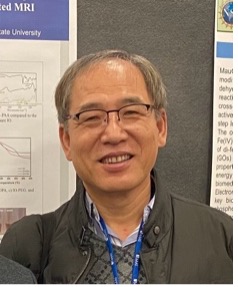
Manliang Feng, Ph.D.
Department Chair, Associate Professor of Chemistry
601-977-7790
Research Focus
1) Design and evaluation of polypeptide based anti-cancer drugs. Peptide based drug delivery and tracing systems.
2) Studies of the electron transfer mechanism of metal enzymes and their roles in bio-catalysis.

Karina Kapusta, Ph.D.
Assistant Professor of Chemistry
601-944-7790
Research Focus
Computational Modeling and Bioinformatics applied to Biochemical Engineering, Virology, and Drug Discovery.
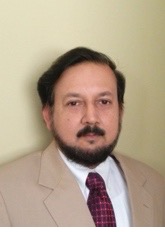
Santanu Banerjee, Ph.D.
Professor of Physics
601-977-7789
Research Focus
Nanoscience, High Energy Physics, Space Science, Surface Science, and Interdisciplinary GIS Applications.
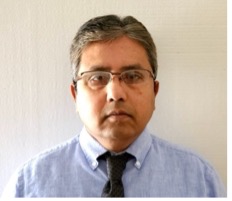
Pradip K. Biswas, Ph.D.
Associate Professor of Physics
601-977-7788
Research Focus
Biomolecular modeling & simulation. Specific areas: i) Oxidative DNA damage by radicals using DFT-based QM/MM dynamics, ii) Allosteric drug designing for hormonal therapy resistant breast and prostate cancers, and iii) Development of topology independent classical force field for Molecular Dynamic simulations.
Ready to Explore the Physical Sciences?
Join a department that combines rigorous scientific training with cutting-edge research opportunities. Whether you're interested in chemistry, physics, or environmental science, our programs prepare you for success in research, industry, healthcare, and education.
